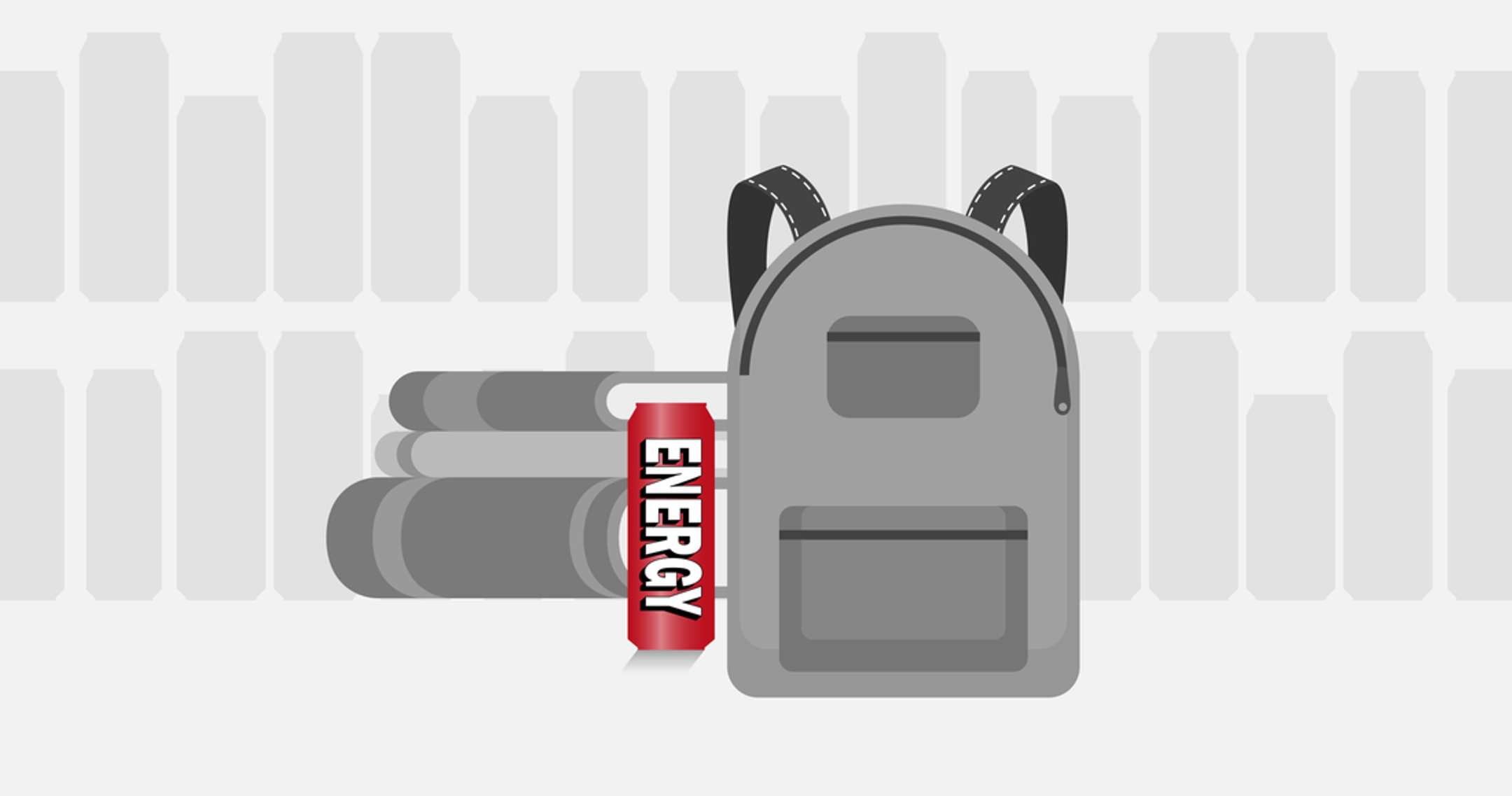
About 90% of all adults consume caffeine in some form every day, making it the most common stimulant in the world. Energy drinks with a range of sweet flavors and packaged in brightly colored cans that have exciting names are appealing to kids and teens.Although caffeine at certain levels may be safe for adults, it not a good idea for children and teens. Children and adults can experience a range of effects after using caffeine such as headaches, insomnia, fast heartbeat, irritability and nervousness. The Food and Drug Administration has not set a safe caffeine level for children, but the American Academy of Pediatrics discourages the consumption of caffeine and other stimulants by children and adolescents.
Energy drink consumption
Energy drinks are a big business. According to Circana, a Chicago-based market research firm, energy drinks saw a sales increase of 13.6%, totaling $20.2 billion in total U.S. multi-outlets with convenience stores, for the 52 weeks ending July 16.
In July, Sen. Chuck Schumer, D-N.Y., called on the Food and Drug Administration to investigate PRIME because of dangerously high caffeine levels. In a letter, Schumer says unclear marketing targeting young people leads parents to purchase a “cauldron of caffeine" for their kids, The Associated Press reported.
Backed by popular YouTube stars Logan Pual and KSI, PRIME energy drinks are hugely popular among children and teens. They are vegan and low-calorie and contain electrolytes, but they have more than six times the caffeine contained in a Coca-Cola.
How much caffeine is too much?
Pediatricians recommend children under 12 avoid caffeine completely and kids who are 12 and older consume up to only 100 mg a day. Physicians recommend adults have no more than 400 milligrams of caffeine a day, or about four or five cups of coffee.
SOURCE USA TODAY Network reporting and research; Associated Press; Mayo Clinic Health System; Caffeine Informer; Circana, a Chicago-based market research firm